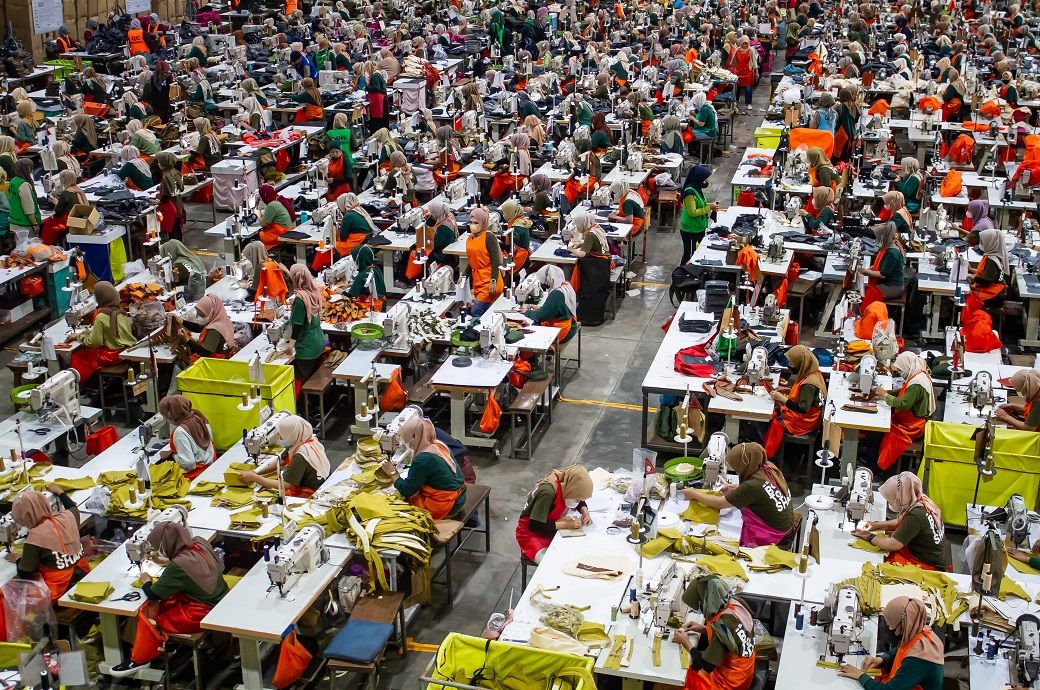
In a letter to the Minister of Finance Purbaya Yudhi Sadives, the association’s head Redma Gita Wirawasta highlighted the significant difference between the country’s official trade data and export data from trading partner nations that indicate a high probability of imports without reporting to the customs department.
The trend, according to him, not only harms state revenue, but also suppresses the competitiveness of local products in the domestic market.
"Many raw material import facilities, such as KITE, PLB, KB, and GB, are being misused to import finished goods. Now the domestic market is flooded with cheap imported products, especially from China," APSyFI secretary general Farhan Aqil Syauqi said in a statement.
The association requested authorities to strengthen the monitoring system and review the procedures for receiving imported goods at ports. One of the gaps highlighted was the non-optimal use of the port-to-port manifest system.
APSYFI also criticised the lack of use of artificial intelligence-enabled scanners while checking and providing import facilities that were considered excessive and prone to misuse.
The association hopes to hold a meeting with the Indonesian Textile Association (API) and the Ministry of Finance to discuss in depth the current condition of the sector, including the economic and social impact of the trade remedies policy on illegal imports.
Syauqi revealed that textile product imports are currently growing much faster than exports, and as a result, the TPT trade balance plummeted from around $6 billion to just $2.4 billion in 2024.
He said free trade agreements have exacerbated the situation by paving the way for Chinese products at very low prices. This has suppressed the competitiveness of domestic industries, which are now losing market share, especially in downstream sectors such as fabrics and apparel.
Syauqi emphasised the importance of enforcing anti-dumping, anti-subsidy and safeguard regulations, as well as eradicating illegal imports.
The association also expects the government to offer tax incentives for apparel products, as well as access to green and affordable financing for industries using domestic or recycled raw materials.
The association is targeting an annual growth of 16.5 per cent until 2035 in the industry, with exports increasing by 9.7 per cent per year and imports decreasing by 26 per cent within a decade, Syauqi added.
ALCHEMPro News Desk (DS)
Receive daily prices and market insights straight to your inbox. Subscribe to AlchemPro Weekly!